A Poet
What turns a writer into a poet
Might it be word selection, inspiration, or both
For Burns it was trial, much error, disappointment
Then surprise, published, accepted!
© Forrest Heaton 25 October 2022
Robert Burns (1759-1796) was only thirty-seven years old when he died (most believe of chronic rheumatic heart disease.) His father was a self-educated farmer. Burns tried farming but did not succeed at it. We’ve written much of Burns in this blog, mostly because of his love of poetry but also because of his writing (or adding to the writing of) Auld Lang Syne, his poem which he put to the then popular song Can Ye Labour Lea and which is now sung by many around the world on New Year’s Eve.
Burns was primarily a poet and a lyricist. Many regard him as the national poet of Scotland. Among his works that many recognize are: To a Louse, To a Mouse, Tam o’ Shanter and My Love Is Like A Red, Red Rose.
We’ve visited the parts of Scotland where Burns lived. He is thought of as a Scotsman, a lover, a poor farmer in both measures of the word, a good story teller, a writer, and a collector of folk songs and poems which he often rewrote or took as his own. It turns out his first published work, known as the Kilmarnock Volume, was a surprise success, a surprise for both the publisher and the author. It was from this work that his national fame began to spread.
From this fame, Burns developed lasting Scottish friendships that included Sir Walter Scott, Lord Glencairn, Francis Anna Dunlop, and many more. His interests included music. Burns was responsible for approximately 200 of the approximately 600 songs in The Scots Musical Museum, a collection of immense importance at the turn of the century to the 1800’s. Some of the music was written by famous composers of the time including Haydn and Beethoven. Of these times, Burns wrote: “My way is: I consider the poetic sentiment, correspondent to my idea of the musical expression, then chuse my theme, begin one stanza, when that is composed—which is generally the most difficult part of the business—I walk out, sit down now and then, look out for objects in nature around me that are in unison or harmony with the cogitations of my fancy and workings of my busom, humming every now and then the air with the verses I have framed. when I feel my Muse beginning to jade, I retire to the solitary fireside of my study, and there commit my effusions to paper, swinging, at intervals, on the hind-legs of my elbow chair, by way of calling forth my own critical strictures, as my, pen goes.“ – Robert Burns
Burns died in Dumfries Scotland on the 21st of July 1796. His funeral was the 25th. His body was moved to the cemetery the Burns Mausoleum in 1817. The body of his widow, Jean Armor, was buried with his in 1834. According to Wikipedia, Burns has over 900 living descendants as of 2019.
For your New Year’s Eve, we’ve copied (and occasionally interpreted) Burns’ Auld Lang Syne. Have a lovely New Year’s Eve to All!
AULD LANG SYNE (Old long since, long long ago, days gone by, old times)
[1]
SHOULD AULD ACQUAINTANCE BE FORGOT (Should old acquaintances/old times be forgotten)
AND NEV-ER BROT TO MIN? (And never brought to mind?)
SHOULD AULD ACQUAINTANCE BE FORGOT,
AND DAYS OF AULD LANG SYNE?
[Chorus]
FOR AULD LANG SYNE, MY DEAR, (For the sake of old times, my dear/my friend/my friends)
FOR AULD LANG SYNE,
WE’LL TAK’ A CUP O’ KINDNESS YET, (We’ll take a cup of kindness yet,)
FOR AULD LANG SYNE.
[2]
WE TWO HAE RUN ABOUT THE BRAES, (We two have run about the slopes,)
AND PU’D THE GOWANS FINE; (And picked the daisies fine;)
BUT WE’VE WANDER’D MONY A WEARY FOOT, (But we’ve wandered many a weary foot,)
SIN’ AULD LANG SYNE. (For/since auld lang syne.)
[3]
WE TWO HAE PAIDL’T I’ THE BURN, (We two have paddled in the stream,)
FROM MORNIN’ SUN TILL DINE;
BUT SEAS BETWEEN US BRAID HAE ROAR’D, (But seas between us broad have roared,)
SIN’ AULD LANG SYNE.
[4]
AND SURELY YE’LL BE YOUR PINT-STOUP, (And surely you’ll buy your pint cup,)
AND SURELY I’LL BE MINE; (And surely I’ll buy mine;)
AND WE’LL TAK’ A CUP O’ KIND-NESS YET,
SIN’ AULD LANG SYNE.
[5]
AND HERE’S A HAND, MY TRUST-Y FRIEN’, (And here’s a hand my trusty friend,)
AND GIE’S A HAND O’ THINE; (And give me a hand of thine;)
WE’LL TAK’ A CUP O’ KIND-NESS YET,
SIN’ AULD LANG SYNE.
[Chorus]

